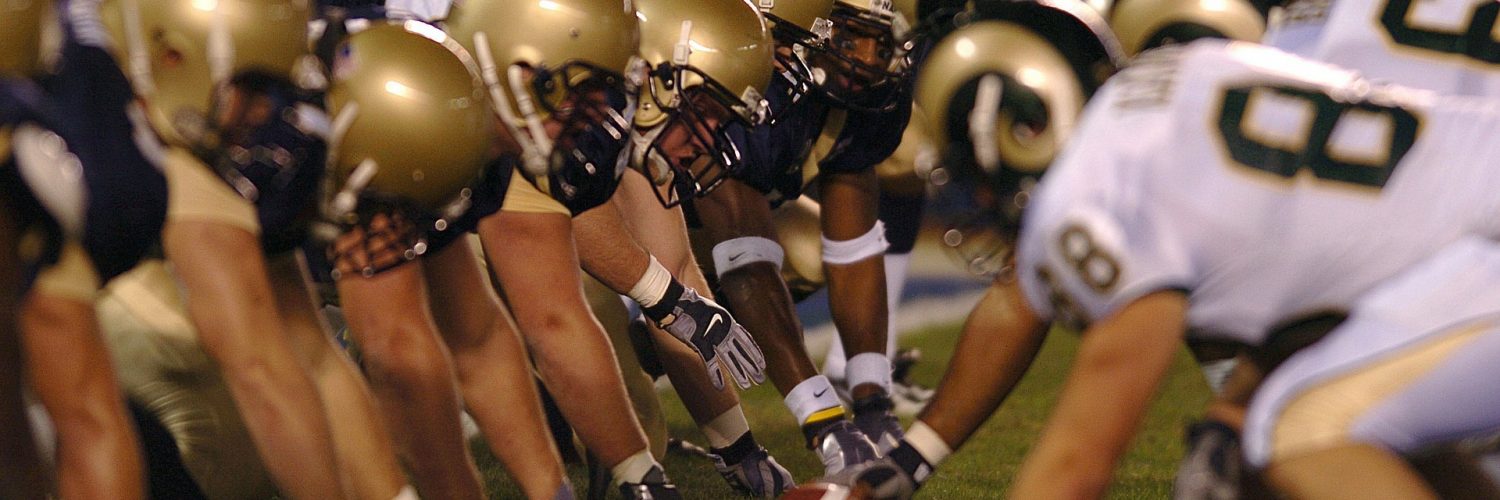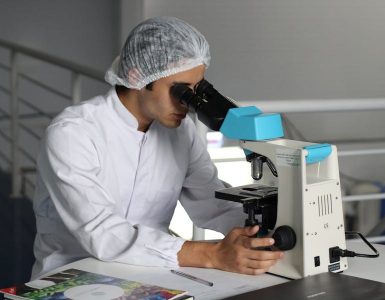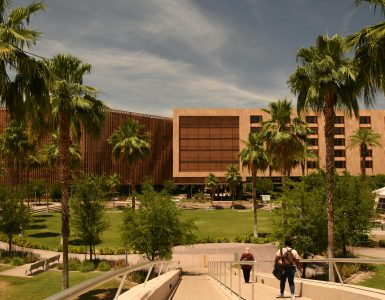Researchers in Arizona and California are conducting one of the world’s first and largest studies on living NFL athletes to search for breakthroughs in diagnosing the degenerative head injury disease, chronic traumatic encephalopathy (CTE).
The non-profit Translational Genomics Research Institute (TGen) in Phoenix and Exosome Sciences, a subsidiary of Aethlon Medical, Inc., in San Diego, are collaborating to collect blood, saliva and urine from living athletes to find biological markers for the disease.
Currently, CTE can only be diagnosed after death.
CTE is commonly found in athletes and military veterans who have a history of repeated head impacts. Such trauma can cause progressive degeneration of the brain tissue, including the build-up of an abnormal type of protein called tau.
The ultimate goal of the study is to find markers for the disease to help treat it and diagnose it while patients are still alive.
Depression, aggression, suicide and dementia are some side effects linked to CTE.
Many NFL greats left their bodies to science to be diagnosed posthumously: Frank Gifford, Ken Stabler, Bubba Smith, Andre Waters and Aaron Hernandez. Their after-death contributions led the way to find biomarkers that could help detect the disease in living athletes.
Retired NFL players in Valley step up to help
To kick off and promote the project, nine former NFL players gathered at TGen’s headquarters in Phoenix recently to provide samples for the study.
Among them: Solomon Wilcots, NFL broadcaster and former Cincinnati Bengal; Jamir Miller, former Arizona Cardinals, and Steve Jordan, former Minnesota Viking.
“We as players have to take it upon ourselves to be proactive,” Jordan, a Valley resident, said at the event, adding that athletes led the movement to make football safer.
“I look at it as an opportunity for us to take the lead again and try to get something done,” he said. “If we can detect CTE and identify it in living patients that’s going to be a huge win.”
Recruiting more pro athletes for the study
Dozens of athletes have provided samples for the study. The goal is to obtain samples from 200 athletes both with a history of head injuries and those without. Project leaders are recruiting high-profile former athletes at events like the 18th annual Jerry Colangelo Sports Legends Golf Classic in Phoenix.
Eventually, the samples will be tested to look for biomarkers for CTE that have already been identified.
Researchers at TGen, an affiliate of City of Hope, will be looking for biological changes in extracellular ribonucleic acid as a result of head impact. These changes are emerging as a new and sensitive tool to identify gene expression changes in the brain.
The study would be the largest to date involving former NFL players, according to Aethlon that was founded by former Denver Broncos player Jim Joyce, who’s also participating in the study. The company is a leading developer of immunotherapeutic technologies to combat CTE, infectious disease and cancer.
The two organizations involved in finding the biomarkers for CTE for the study:
Aethlon Medical, of which Exosome Sciences is a subsidiary, was part of one of the first CTE research programs funded by the National Institutes of Health. The DETECT Study examined 78 former NFL players and a control group of 16 former non-contact sport athletes. Exosome is discovering exosomal biomarkers to diagnose and monitor CTE, Alzheimer’s disease and other neurological disorders.
Translational Genomics Research Institute (TGen) is a non-profit organization dedicated to conducting groundbreaking research with life-changing results. TGen is affiliated with City of Hope, a world-renowned independent research and treatment center for cancer, diabetes and other life-threatening diseases.
















Add comment